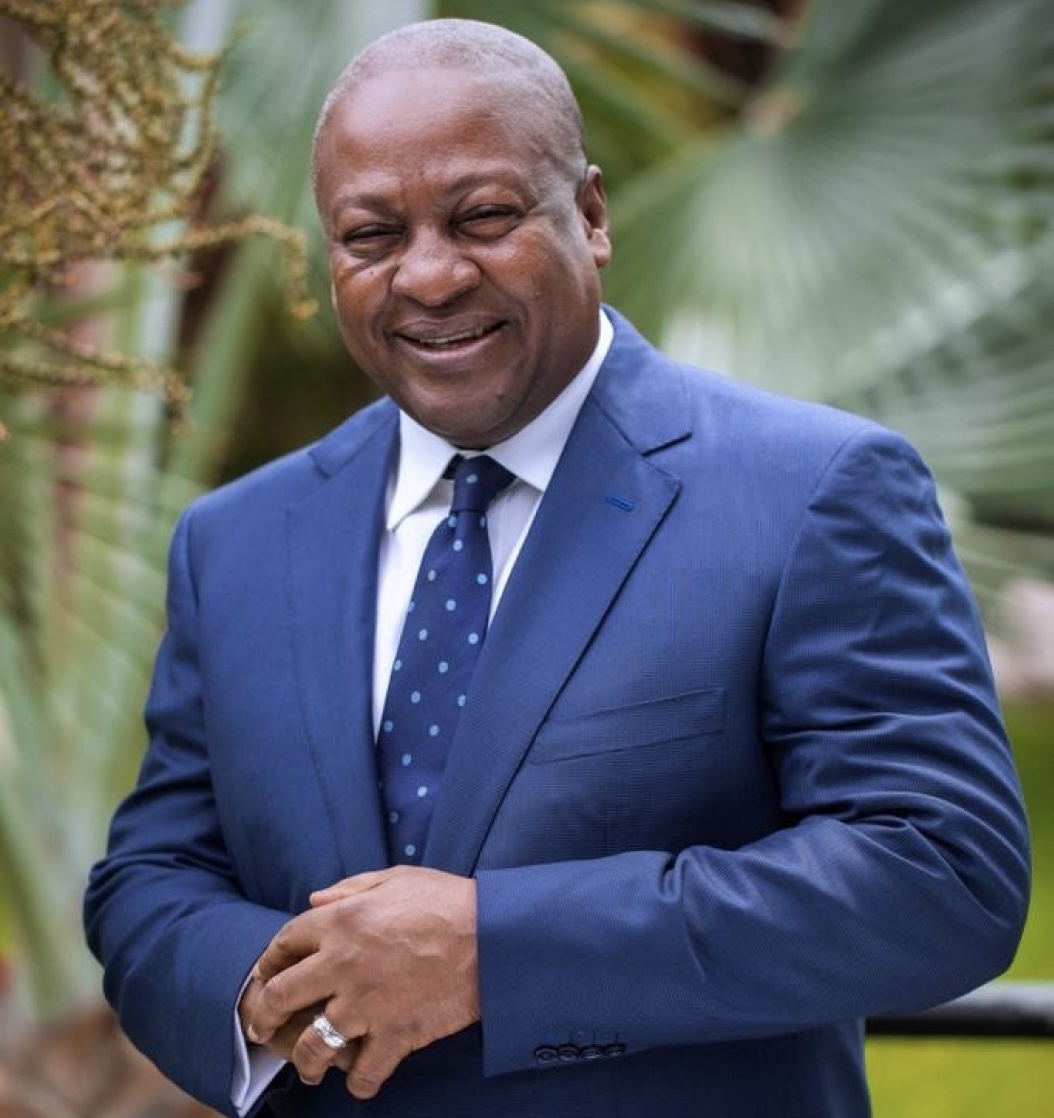In the dynamic landscape of the global economy, the concept of a 24/7 economy will emerge as a transformative strategy for nations seeking to boost productivity, foster economic growth, and create employment opportunities.
For Ghana, the adoption of a 24/7 economy represents a crucial step towards unlocking its full economic potential and positioning itself as a competitive player in the international arena. As a policy analyst dedicated to driving sustainable development in Ghana, I believe that transitioning to a 24/7 economy holds significant benefits and opportunities for the nation’s progress and prosperity.
Driving Economic Growth Through Continuous Operations
The implementation of a 24/7 economy allows businesses to operate seamlessly around the clock, maximizing production and service delivery. This continuous operation not only enhances economic output but also leads to increased GDP and overall economic growth. By leveraging the full potential of its resources, Ghana can accelerate its economic development and bridge the gap towards sustainable prosperity.
Creating Employment Opportunities and Improving Living Standards
Extended operating hours in a 24/7 economy open up additional job opportunities, particularly in key sectors such as manufacturing, services, and IT. The ability to absorb a larger workforce contributes to reducing unemployment rates and alleviating poverty, thereby enhancing the overall standard of living for citizens. Increased employment opportunities play a vital role in empowering individuals and communities across the nation.
Enhancing Global Competitiveness and Collaboration
In an interconnected global marketplace where business operations run 24/7, adopting a continuous economy allows Ghana to align with international business hours, thereby enhancing its competitiveness on the global stage. This synchronization facilitates smoother transactions, fosters better collaboration, and attracts increased foreign investments, positioning Ghana as an attractive destination for global partnerships and economic growth.
Boosting Productivity and Encouraging Innovation
Continuous operations in a 24/7 economy promote the efficient utilization of resources, minimizing downtime and idle capacity. This heightened productivity directly translates into higher profits for businesses and improved economic performance for the nation as a whole. Furthermore, the culture of continuous innovation and efficiency improvements nurtures a dynamic and resilient economy that can adapt to evolving market demands.
Ensuring Essential Services and Promoting Work-Life Balance
A 24/7 economy guarantees the availability of essential services such as healthcare, public transportation, and emergency response at all times. This not only enhances the quality of life for citizens but also strengthens the nation’s resilience in the face of unforeseen events or emergencies. Additionally, a continuous economy accommodates diverse lifestyles by offering flexible work schedules, promoting a healthier work-life balance that contributes to overall job satisfaction and employee well-being.
Strategies for Successful Implementation
To effectively transition to a 24/7 economy, Ghana must develop a comprehensive policy framework that encourages businesses to operate continuously through initiatives such as tax incentives, regulatory reforms, and financial support. Investing in reliable infrastructure, providing workforce training, conducting public awareness campaigns, and fostering international collaboration are crucial components of a holistic approach to unlocking the nation’s full economic potential.
In Summary;
Embracing a 24/7 economy is not just a strategic move but a transformative opportunity for Ghana to catalyze economic growth, reduce unemployment, and enhance global competitiveness.
By adopting a holistic approach and implementing supportive policies and infrastructure, Ghana can unlock its full economic potential and pave the way for a future of sustainable development and prosperity.
As a policy analyst committed to driving positive change in Ghana, I urge stakeholders and decision-makers to embrace the possibilities of a 24/7 economy and work towards building a more resilient, innovative, and inclusive economic landscape for the nation’s advancement.
Siddique Abubakar Suleiman, Policy Analyst





